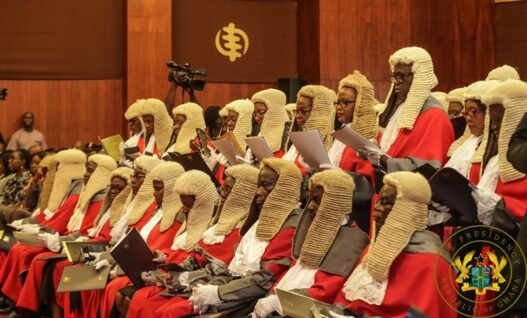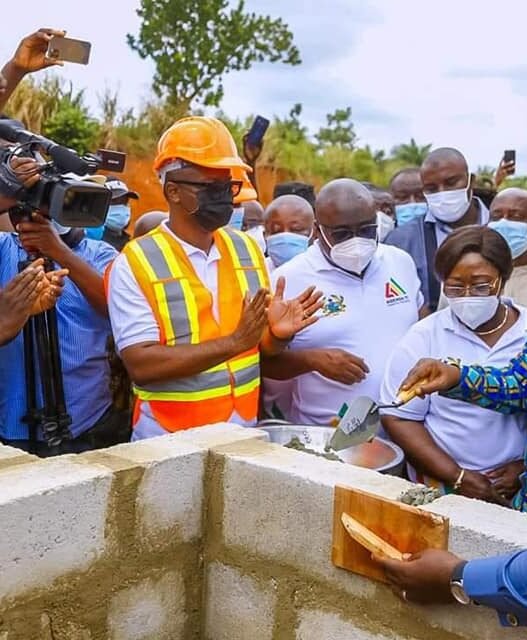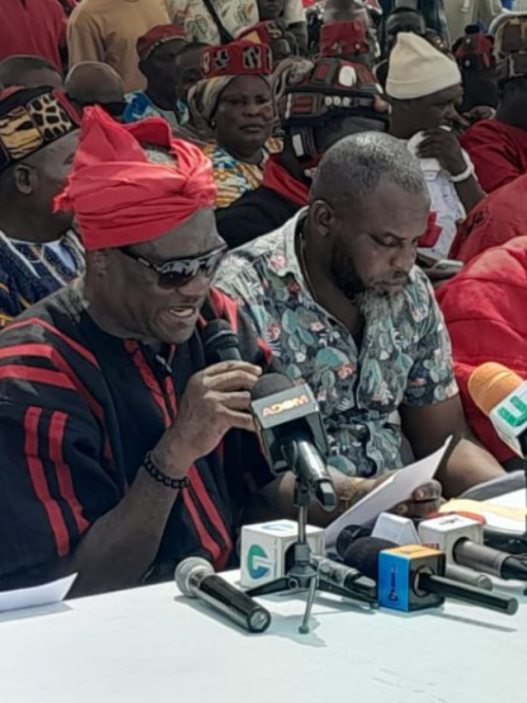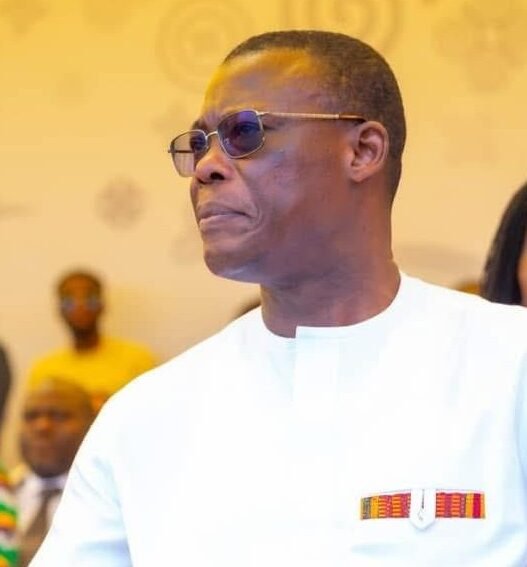The right to justice and a fair trial is a cornerstone of democracy, essential for the protection of human rights and the promotion of social justice. In Ghana, the legal framework guarantees these rights, enshrined in Article 19 of the 1992 Constitution. Despite this, systemic issues persist, posing significant challenges to the realization of fair trial rights. This article delves into the complexities of Ghana’s legal system, highlighting ongoing reforms and advocating for enhanced protections for all citizens.
“Justice is not just about the law; it is about the spirit of fairness and equity that must guide our actions and decisions.”
Justice Georgina Theodora Wood, former Chief Justice of Ghana.
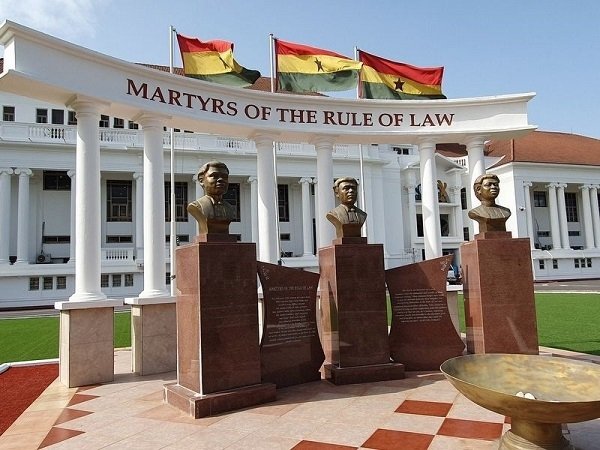
The Importance of Fair Trial Rights
The right to a fair trial encompasses several key principles, including:
- Presumption of Innocence: Every accused individual is presumed innocent until proven guilty, ensuring that the burden of proof lies with the prosecution.
- Right to Legal Representation: Defendants have the right to be represented by a lawyer of their choice, essential for ensuring a robust defense.
- Public Hearing: Trials must be conducted in public to uphold transparency and accountability within the judicial process.
- Timeliness: The right to a trial within a reasonable time prevents prolonged detention without conviction, safeguarding individual freedoms.
These principles are vital for maintaining public trust in the judicial system and ensuring that justice is accessible to all.
Challenges in Ghana’s Legal System
While the constitutional provisions are clear, numerous challenges hinder the effective delivery of justice in Ghana:
1. Judicial Delays
One of the most pressing issues is the backlog of cases in the courts, often resulting in significant delays in the judicial process. Reports indicate that many cases can take years to reach resolution, which not only prolongs the suffering of defendants but also undermines public confidence in the legal system. This backlog is exacerbated by insufficient judicial personnel and inadequate infrastructure.
2. Access to Legal Representation
Access to legal representation remains a critical barrier, particularly for individuals from low-income backgrounds and those in rural areas. Many Ghanaians cannot afford the fees associated with hiring a lawyer, leaving them vulnerable in legal proceedings. According to the Legal Aid Commission, there is a high demand for legal aid services, yet funding and resources are often limited.
3. Corruption and Bias
Corruption within the judicial system poses a serious threat to justice. Allegations of bribery and collusion between legal practitioners and law enforcement can distort the fairness of trials. Additionally, systemic biases based on socio-economic status, gender, or political affiliation can lead to unequal treatment in the legal process, further eroding trust in the system.
4. Inadequate Legal Aid Services
The Legal Aid Scheme, designed to provide assistance to indigent defendants, is frequently underfunded and overburdened. Many individuals eligible for legal aid are unaware of their rights or how to access these services, which limits the effectiveness of the scheme in ensuring fair representation.
5. Public Perception and Education
There is a significant gap in public knowledge regarding legal rights and the judicial process. Many citizens do not understand their rights, which can lead to exploitation and denial of justice. Increasing public awareness about legal rights and the importance of fair trial guarantees is essential for empowering individuals to advocate for themselves.
Ongoing Reforms and Initiatives
Recognizing these challenges, various stakeholders, including the government, civil society organizations, and legal practitioners, have initiated reforms aimed at enhancing the legal system:
1. Judicial Reforms
The Ghanaian government has implemented judicial reforms to address case backlogs and improve efficiency. This includes increasing the number of judges and judicial staff, as well as establishing specialized courts to expedite the handling of specific types of cases. For instance, the introduction of commercial courts aims to resolve business-related disputes more swiftly.
2. Enhancing Legal Aid Services
Efforts are underway to strengthen the Legal Aid Scheme by increasing funding, expanding outreach programs, and improving public awareness. Collaborations between the government and non-governmental organizations aim to provide legal support to marginalized communities and ensure that those in need can access quality representation.
3. Capacity Building for Legal Practitioners
Training programs for judges, lawyers, and law enforcement personnel are essential for enhancing understanding of human rights and ensuring adherence to fair trial standards. Workshops and seminars focusing on best practices in upholding legal rights can contribute to a more knowledgeable and ethical legal community.
4. Public Awareness Campaigns
Civil society organizations are actively engaged in campaigns to raise awareness about legal rights and the judicial process. Initiatives aimed at educating citizens about their rights can empower individuals to seek justice and hold authorities accountable.
5. Anti-Corruption Measures
Strengthening anti-corruption initiatives within the judicial system is crucial for restoring public trust. Mechanisms for reporting corruption, combined with transparent investigations, can help deter corrupt practices and promote integrity in the legal process.
Conclusion
Ensuring justice and fair trial rights in Ghana’s legal system is an ongoing struggle that requires collective effort from the government, legal practitioners, and civil society. While significant challenges remain, ongoing reforms present an opportunity to enhance the delivery of justice and uphold the rule of law.
As Ghanaian lawyer and human rights advocate Dr. Abdulai Tahiru wisely noted, “Justice delayed is justice denied; it is essential that our legal system becomes a beacon of hope for all, not just a privilege for the few.” By prioritizing reforms and fostering a culture of accountability, Ghana can work towards a more equitable legal system that serves the interests of all its citizens. A commitment to justice for all not only strengthens democracy but also promotes social cohesion and national development.









